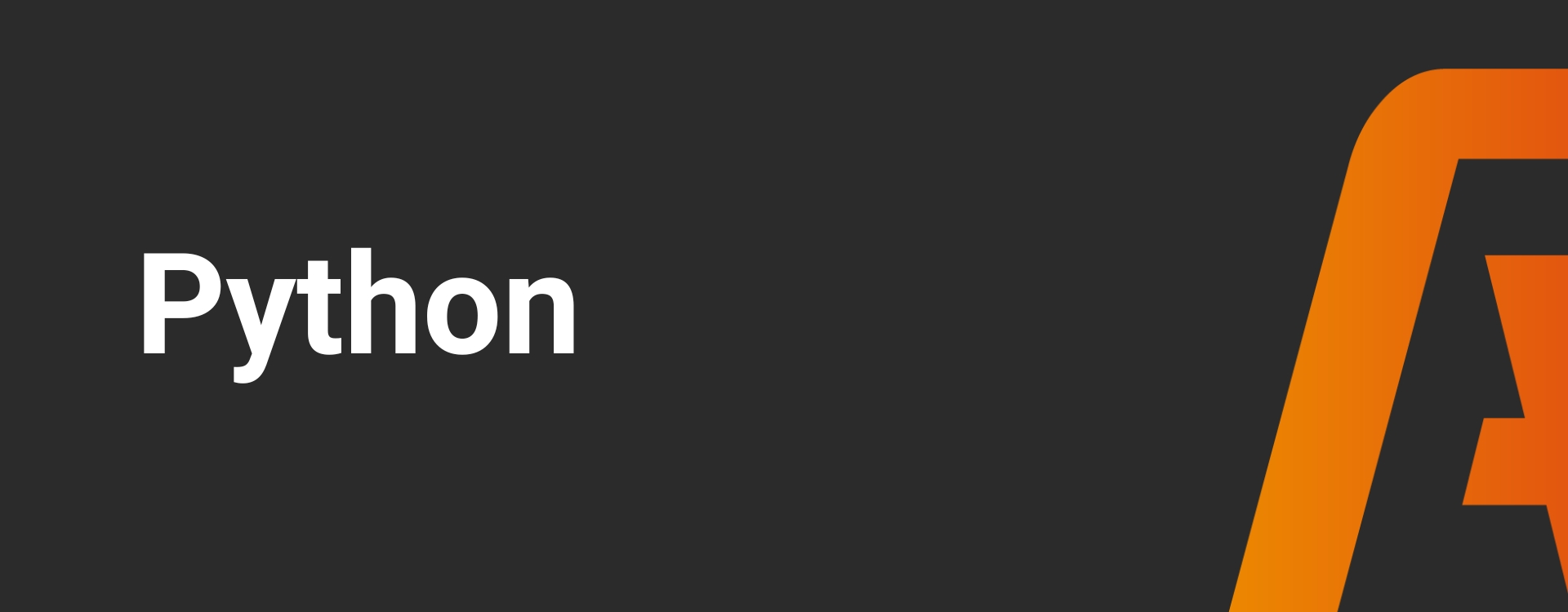» What is Python?
» How is Python used in industrial automation?
» What are the advantages compared to other programming languages?
» What is the role of Python in the future of industrial automation?
» Python and Ignition
» Explore Ignition
Other knowledge base articles
» Web-based
» Bidirectional
» VPN
» SQL
» Open Source
» […]

Python
What is Python?
Python is an interpreted high-level programming language that can be used for various purposes, including web development, scientific computing, data analysis, artificial intelligence, machine learning, and more. It was first released in 1991 by Guido van Rossum and has since become one of the most popular programming languages due to its simplicity, ease of use, and strong community support.
The programming language is known for its readable and concise syntax, making it easy for beginners to learn and understand. It also has a large standard library, which provides many useful modules and functions that make common tasks easy to perform. Additionally, Python supports multiple programming paradigms, including procedural, object-oriented, and functional programming.
Python code can be executed on multiple platforms, including Windows, macOS, and Linux, and can be integrated with other programming languages such as C, C++, and Java. Due to its versatility, the programming language is used by a wide range of industries, including finance, healthcare, education, and entertainment.
How is Python used in industrial automation?
It is a widely used programming language in industrial automation, particularly for automating tasks, analyzing data, and developing applications for the control and monitoring of production processes.
Some examples of Python applications in industrial automation include:
- Automating production lines and assembly processes.
- Data analysis and visualization for production optimization and quality control.
- Developing applications for control and monitoring systems, such as SCADA (Supervisory Control and Data Acquisition) systems.
- Real-time monitoring and control of industrial processes.
- Developing AI-based applications for predictive maintenance and fault detection.
In summary, the programming language offers many possibilities for the development of applications for industrial automation, thanks to its simple syntax, broad support, high performance, and interoperability.
What are the advantages compared to other programming languages?
- Clear and concise syntax: It has a clear, readable, and structured syntax, making it easier to learn and understand than many other programming languages.
- Wide applicability: From web development to data analysis, machine learning, AI, scientific calculations, automation, and much more.
- Extensive standard library: It has a comprehensive and rich standard library, allowing developers to perform common tasks without the need for additional modules.
- Open source: It is free and open source, making it easily accessible and customizable for everyone.
- Active community: It has a large and active community of developers who regularly develop new modules and libraries, as well as share tutorials and other resources.
- Platform-independent: The code can be run on various platforms, such as Windows, Mac, and Linux.
- Interpreter: It is an interpreted language, meaning developers can execute code line by line, facilitating testing and debugging.
- Object-oriented: It is an object-oriented language, supporting certain concepts that make it easier to solve complex problems.
What is the role of Python in the future of industrial automation?
Python already plays a significant role in the current developments of industrial automation and is expected to play an even larger role in the coming years. One of the main reasons for this is the growing demand for automation and digitalization in the industry. This leads to the need for new and more advanced automation systems and solutions. Python, with its wide range of libraries and frameworks and flexible programming language structure, provides an ideal solution for these requirements.
Python can be used for various tasks within industrial automation, including data collection, data analysis, machine learning, and automation of production processes. The use of Python in these applications helps improve efficiency, reduce costs, and increase productivity in the industry.
Furthermore, Python and other programming languages are becoming increasingly important in the development of the next generation of automation systems such as Industry 4.0, which rely more and more on advanced analytics and machine learning algorithms to make better decisions and improve efficiency.
Python and Ignition
Ignition is a software platform used by companies to manage and automate industrial processes. Built in Java, Ignition utilizes the Java Virtual Machine (JVM) to operate.
While Ignition is not directly built in Python, the platform does support Python scripting. This means users are able to write and execute Python scripts in Ignition to add additional functionality to their industrial processes.
For example, Python can be used to analyze and visualize data collected by Ignition or to perform complex calculations. Python can also be used to integrate external systems with Ignition, such as sending data to a cloud service.
Ignition provides a built-in Python scripting interface, allowing Python code to be written and executed directly within the Ignition Designer. Additionally, Ignition offers a Python API (Application Programming Interface) that enables Python scripts to communicate with various components of the Ignition platform, such as databases, tags, and components.
So, while Ignition is not entirely built in Python, it can serve as a powerful tool for adding additional functionality to Ignition and customizing the platform to meet the specific needs of an organization.
Discover Ignition
your way
Start building
For developers
Get started with your own Ignition applications right away.
- Download and install Ignition easily and quickly.
- Explore all features.
- Connect unlimited tags, PLCs, databases, and devices.
Discover how Ignition solves your technical challenges without limitations.
See Ignition in action
For managers
Explore Ignition without any technical knowledge in the demo environment.
- No installation required.
- See how Ignition automates and visualizes processes.
- Adjust live values and see instant results.
Experience real-time automation and discover what it can offer your business.
Want to really know what Ignition can do for you?
Let us come to you for a free demo.
- Meet with our experts and ask all your questions.
- Get personalized advice.
- See how Ignition can optimize your processes.
The perfect opportunity to collaborate with specialists and see exactly how Ignition can help you achieve your business goals.
Start building your own application now!

Discover how Ignition can improve your processes!
Want to see how Ignition automates and visualizes processes without any technical knowledge? Fill out the form and gain immediate access to the demo environment, where you can experience Ignition live.

Schedule a no-obligation demo with our experts!
Want to learn more about how Ignition can optimize your processes? Request a personalized demo and discuss your business goals with our specialists. Fill out the form to book an appointment.

